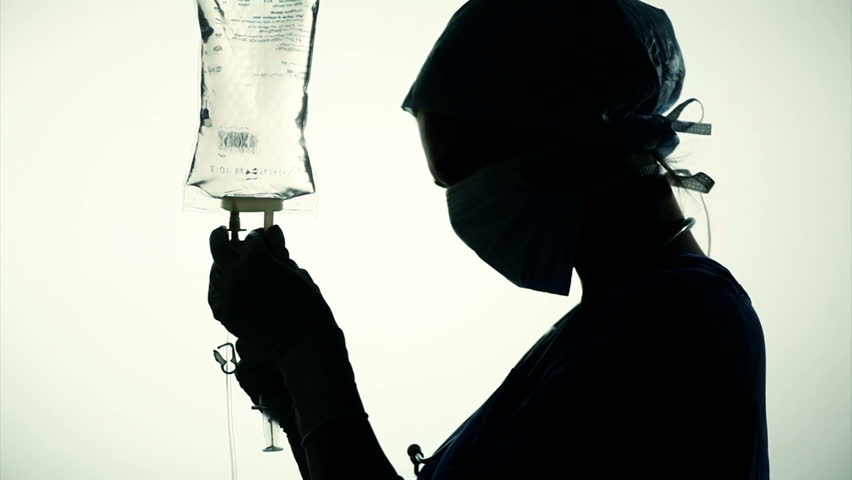 Arizona Jury Finds Medical Center Liable For 2013 Malpractice; Family Awarded $12 Million
Arizona Jury Finds Medical Center Liable For 2013 Malpractice; Family Awarded $12 Million
Esmeralda Tripp, then 42, went to see her doctor for a checkup in September 2013. Tripp was taking a prescribed blood thinner called Coumadin and she had a history of seizures. Her primary physician was concerned that her blood was actually too thin and told Tripp that she needed to go straight to an emergency room. She brought herself to the University of Arizona’s Medical Center in Tucson and complained of pain in her abdomen, along her sides, and down her back.
According to a medical malpractice lawsuit, filed on behalf of Tripp and her family, the attending physician decided to give her a blood clotting medication, which allegedly triggered a heart attack causing permanent brain damage. Her lawyers claimed that if not for the negligence of the emergency room doctor, Tripp would not have suffered from the severe brain damage that has left her in a vegetative state.
At the time of the incident the medical center was operated by the University of Arizona Health Network, which is now Banner-University Medical Center Tucson after a merger with Banner Health. The attorneys representing Banner, who is now liable for any past negligence at the medical center, claimed in court that Tripp provided “inaccurate information to her emergency physicians about her health history,” including “major health events and a drug allergy.”
Tripp’s lawyers and daughter rejected that claim.
“They made this whole case about her,” said one of the lawyers representing Tripp. “They were trying this case on dragging her through the mud. They knew she couldn’t respond.”
After more than four years of litigation, the lawsuit was finally brought to trial last month in an Arizona county courthouse. The trial lasted for three weeks and the jury deliberated for three and a half hours before returning with a verdict in favor of Tripp, who has four children and seven grandchildren. The Arizona jury found the medical center 80 percent at fault and awarded Tripp $12 million.
“Now she can get the round-the-clock care she needs,” said one of the plaintiff’s attorneys. “Her family shouldn’t be homebound because of this tragedy.”
The defendant indicated that an appeal is likely.
Frequently Asked Questions

Because locked-in syndrome affects all voluntary muscles, including those that control breathing, pulmonary complications may be a concern for patients. Upon developing the condition, many patients must undergo a tracheotomy to have a breathing tube inserted, as they lack the muscle movement even to take a breath on their own. The constant immobilization caused by
Read More
Despite the best efforts of doctors and other healthcare professionals, medical mistakes happen every day. What separates a mistake from medical malpractice is often not the areas in which they occur, but the degree to which the mistakes were avoidable and their impact on the patient. Areas in which the potential exists for medical mistakes
Read More